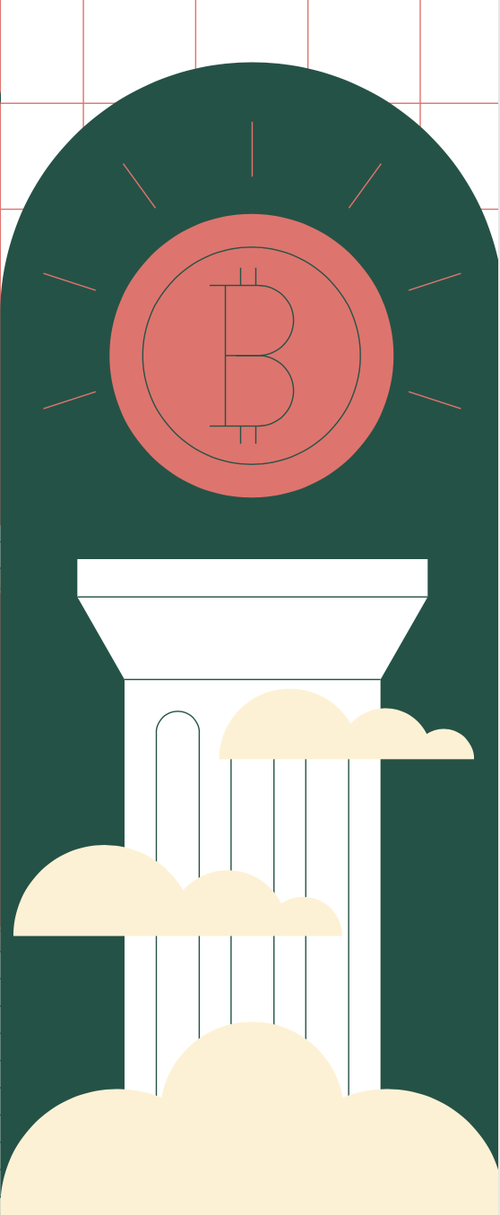
So far, this essay has discussed consensus mechanisms, which allocate temporary leader privileges to an entity drawn out of a population. Naturally, this is different from real elections and voting. However, the consensus mechanism has been used as a proxy for real elections. In several instances, these elections have taken place within blockchain systems to take decisions about the systems themselves. In a process known as ‘signalling’, consensus participants can indicate if they are willing to support a change in the blockchain protocol (a ‘fork’ in the blockchain). Such signalling has occurred in many popular cryptocurrencies, including Bitcoin, Ethereum and Monero. Decisions taken in this manner typically concern technical questions within their respective projects; for example, voting on increasing the size of a blockchain block beyond the one-megabyte cap. Cryptocurrencies with more advanced decentralised governance, such as Decred, use consensus-based voting to decide on much more complex issues, including funding allocation. Decred’s voting protocol, a scheme known as Politeia, comes quite close to real elections. In an impressive technical feat, it provides a system in which referenda can be initiated by any participant and put to vote, and many issues are being vibrantly discussed in a continuous fruitful exchange of ideas. While the blockchain consensus mechanism is doomed to work under the limitation of one coin, one vote, perhaps one could hope that a more democratic voting protocol is developed on top of existing blockchain schemes.
Imagine for a moment that we trust that the underlying consensus mechanism works correctly, be it proof-of-work or proof-of-stake. Blockchain systems can be used to program smart contracts, pieces of software code that establish the financial relationships and obligations between participants in a complex manner. These smart contracts can be used to establish and run DAOs. The financial and governance decisions of these organisations are managed by the smart contract, which maintains control of the organisations’ funds, in the form of cryptocurrency. The participants have voting rights enforced not through a court of law, but through software code. Such companies do not have a traditional legal form; they exist only by means of smart contracts.
The stakeholders of such a decentralised company vote using their private cryptographic keys, akin to the way the board of directors in a traditional company can vote on decisions in a board meeting. Decisions voted on using a smart contract can involve allocation of money towards investments and payroll, the payout of dividends and the restructuring of stock in the form of a split or a dilution. Any modifications to the smart contract itself must be approved by the board. Furthermore, shares can be bought and sold as usual, treating them like native blockchain tokens. DAOs enjoy sovereignty in that they are not bound by any laws beyond what their founders specify in the computer code that gives birth to the decentralised organisation. A DAO only lives in a blockchain, and it does not have an associated legal entity. In a series of experiments, the Ethereum community has already explored their creation, maintenance and dissolution. In one infamous example from 2016 known as ‘TheDAO’, more than $50 million was stolen when it was allocated to a smart contract whose participants did not understand the precise technical terms.



